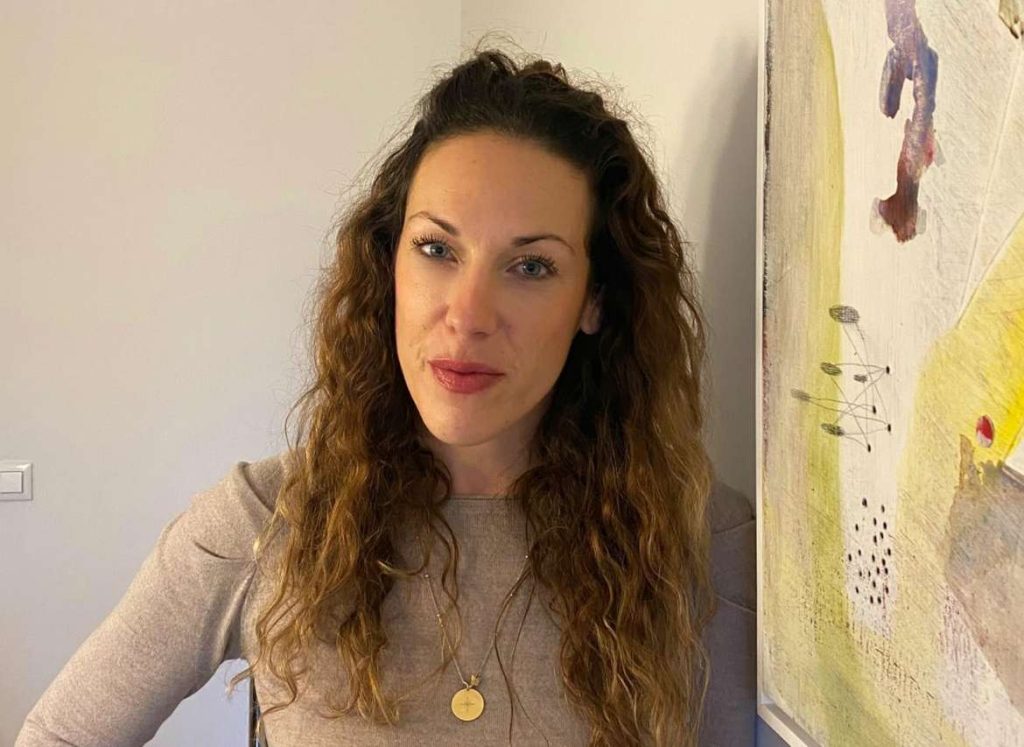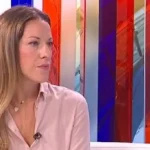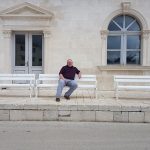As Index writes, after the court made a scandalous decision that the H-alter portal and journalist Jelena Jindra are no longer allowed to publish texts and write about the Child Protection Polyclinic and its head Gordana Buljan Flander, the reactions have been coming in fast.
Minister of Culture: How is that possible?
“How is it possible to make a decision to forbid someone to write about something in advance. Any dispute regarding articles in the media can be resolved by a denial, or a request for correction, but in this way, it stops journalists from even writing about something …”, said Minister Obuljen Korzinek.
Lawyer Vanja Juric: It’s one of the most severe attacks on media freedoms we’ve seen.
“Without any exaggeration, this is one of the most severe attacks on media freedoms in general. The court banned any media outlet, which dealt with a topic of very serious social importance, from any future reporting on the work of that public institution and the head of that institution. The ban is formulated completely generally, so, legally and factually, it refers to all topics that in any way relate to the professional activities carried out by public authorities.
The court didn’t request any statement from the media or from the journalist who wrote those articles, explaining that such a statement isn’t necessary for the making of that decision. Such a decision has not been recorded in the practice of Croatian courts before, it’s contrary to all standards of the European Court of Human Rights and, in general, to the fundamental principles of a democratic society. It opens the door to all state and public bodies, politicians, officials and all other persons to try to stop journalistic reporting in the same way, given that it is now clear that it is quite possible that such attempts will be approved by the court,” lawyer Vanja Juric said in conversation with Index.
”The judiciary wants to silence the media” this was the Croatian Journalists’ Association’s reaction.
“By use of the ”Insurance Decision” issued by the Municipal Civil Court in Zagreb of the 21st of September 2021, which imposes a temporary measure banning the Association of Independent Media Culture, the publisher of the H-alter portal, from publishing articles about the Child and Youth Protection Clinic of the City of Zagreb and its director Gordana Buljan Flander, the Croatian judiciary has resorted to unprecedented censorship in advance,” they claim.
“After H-alter published a series of articles by journalist Jelena Jindra over the past few weeks entitled The system for the protection of, or the abuse of children?, in which it problematises the work of Gordana Buljan Flander, ie the Polyclinic she heads, Judge Andrija Krivak signed a scandalous decision meaning that this medium is forbidden to write about a particular person.
The court assessed the journalistic research of colleague Jindra allegedly without trying to obtain anything from the editor or journalist and the publisher’s representative. Instead of discussing any doubts in a regular trial, the judge decided to further ban H-alter from investigating the actions of a public institution and its director. Such a precedent could be absolutely disastrous for media freedom in Croatia.
After years of witnessing SLAP lawsuits against journalists, this time the judiciary went a step further and decided to silence the media portal entirely. It should be noted that the director of this institution and her associates, according to the testimony of colleagues, have repeatedly missed the opportunity to present to the public their view of the controversial doctrine of ”child alienation”.
The Croatian Journalists’ Association and the Croatian Journalists’ Union both believe that this is an extremely dangerous attempt at censorship and the inadmissible silence of the media.
They have both therefore called on all Croatian media, all journalists and editors, to resist this form of pressure and, in solidarity with their colleague Jindra and the non-profit portal H-alter, broadcast the her series researching the institition and thus show that we cannot be silenced. The above was fully supported by Maja Sever, President of the Croatian Journalists’ Union and Hrvoje Zovko, President of the Croatian Journalists’ Association.
Lawyer Vesna Alaburic: This is biggest restriction on media freedom in Croatia
“The decision prohibiting the publisher of the H-Alter portal from publishing any information about Gordana Buljan Flander and the polyclinic she manages is an unprecedented restriction on media freedom in our country, it’s also the biggest. As far as I know, never in the history of the Croatian judicial system has a media outlet been banned from publishing any articles about an individual or an institution.
From the multitude of possible objections to this unprecedented ban, I’ll single out a few.
First, an absolute, non-selective ban on publishing any information about a legal entity, regardless of its truthfulness and public interest, constitutes the abolition of media freedoms. Therefore, this prohibition is contrary to the fundamental legal principles of the protection of freedom of expression and can in no way be justified by the need to protect a personality.
The ban regarding the publisher of the H-Alter portal is not an obstacle for publishing articles by our excellent journalist Jelena Jindra about Dr. Buljan Flander and the polyclinic in other media or communication platforms. That is why this ban cannot serve the purpose that Dr. Buljan Flander expected and for which the court determined it. On the contrary, this ban will focus the attention of the entire Croatian public on H-Alter and the texts of Jelena Jindra and all information about Dr. Buljan Flander that the court considered disputable will receive huge publicity.
“All court conclusions are to the detriment of the author and publisher”
Furthermore, the court concluded that it didn’t require the statement of the publisher, editor-in-chief or the author of the disputed texts. The judge analysed the texts and assessed whether the journalist acted in good faith, whether she performed her journalistic work professionally and in accordance with the rules of the profession, whether she made some controversial claims intentionally, whether she faithfully transmitted the statements of others and the like. All court conclusions are to the detriment of the author and publisher. Such conduct of the court constitutes a grave violation of the right to a fair trial, in particular the right of each party to the proceedings to comment on the opposing party’s motions, present its arguments and propose evidence.
”I’m particularly concerned about the part of the decision in which the court argues that a fair balance should be struck between the conflicting rights to the protection of the right to personality and the right to freedom of expression. The court showed a complete lack of understanding of the legal standards for the protection of the freedom of expression. Even Dr. Buljan Flander herself stated in the ban proposal that it is “justified to expect media interest” in these topics.
The court, however, did not take public interest into account, nor did it even consider the almost unlimited right of the public to be informed of information and opinions on topics of public interest. If any of this information is incorrect, the sanction will be appropriate compensation for damages to the injured parties. And that is the limit of freedom of expression set by a democratic society in order to protect the rights of others,” commented lawyer Vesna Alaburic.
For more, follow our lifestyle section.











